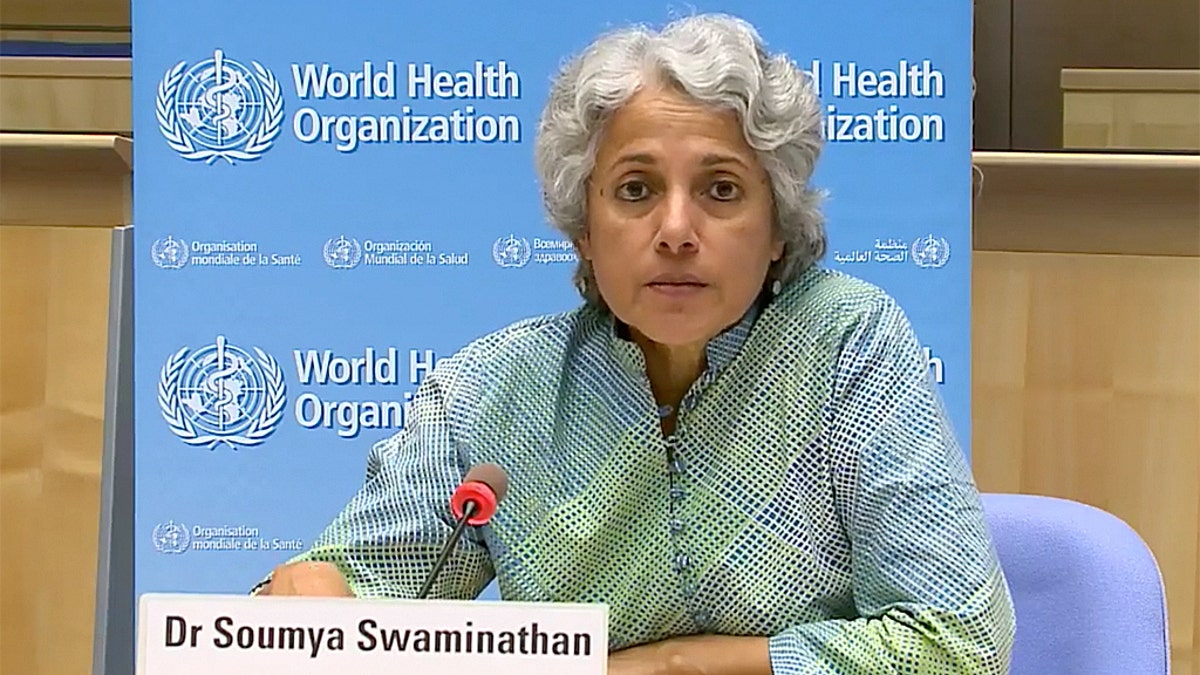Fox News Flash top headlines for September 11
Fox News Flash top headlines are here. Check out what's clicking on Foxnews.com.
A top scientist at the World Health Organization (WHO) on Thursday said the pause in pharmaceutical company AstraZeneca’s coronavirus vaccine study is a “good wake up call,” given “ups and downs in research.”
The company suspended its Phase III trial this week after a participant in the United Kingdom experienced a serious adverse reaction.
Dr. Soumya Swaminathan, WHO chief scientist, on Thursday said clinical trial protocols have an operating procedure for managing any side effects among participants.
WHAT IS TRANSVERSE MYELITIS? THE ILLNESS THAT HALTED ASTRAZENECA VACCINE TRIAL
The New York Times, citing a person familiar with the situation, said an individual in the study came down with transverse myelitis, which the paper described as an inflammatory syndrome in the spinal cord. The paper said it was not clear if there was a connection to the vaccine.
“There is a protocol for what you do if something happens,” Swaminathan said at a media briefing. “If it’s a mild side effect, there are things to be done. If it is major, as it was in this case, it was a severe side event. Therefore the trial was halted.”

Dr Soumya Swaminathan, WHO chief scientist, on Thursday said clinical trial protocols have an operating procedure for managing any side effects among participants. (Photo via Facebook)
CLICK HERE FOR FULL CORONAVIRUS COVERAGE
She called the pause “normal procedure” and “good clinical practice” because safety is the top priority in clinical trials.
“I think this is a good, perhaps a wake-up call or a lesson for everyone to recognize the fact that there are ups and downs in research, there are ups and downs in clinical development and we have to be prepared for those,” she said.
Swaminathan said a data safety monitoring board will examine the details of the side effect and then determine the next steps for the trial.
“We hope that things will be able to move on, but again it depends. It depends on a lot and we have to wait to see the details of what actually happened,” she said.
AstraZeneca's CEO, Pascal Soriot, discussed the delay at an online event on Thursday, per Reuters.
“It’s very common, actually, and many experts will tell you this,” Soriot said, per the outlet. “The difference with other vaccine trials is, the whole world is not watching them, of course. They stop, they study, and they restart.”
Nevertheless, the executive reportedly said AstraZeneca expects results by the end of this year, assuming trials can pick up again soon.
Fox News' Frank Miles contributed to this report.

